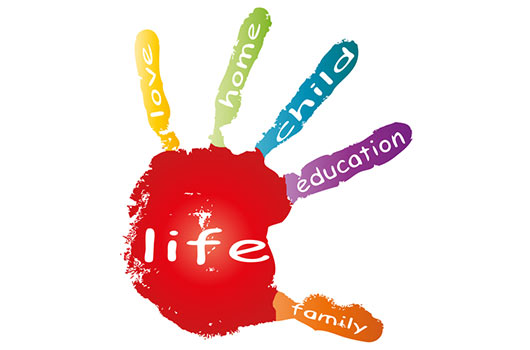I hope that all my kids will go to college and earn a degree. Yet I’m old enough—and hopefully wise enough—to know that a degree by itself is no guarantee of personal or professional success. For that reason, I’m already trying to instill in my tweens certain values and teach them skills that will hopefully help them get ahead in life, on all fronts.
Degrees are necessary to practice medicine, law, and a variety of professions. But in the modern world, a degree does not automatically mean you are well-equipped to excel professionally. I’m of a generation that learned mostly by apprenticeship. I successfully worked for many years as a language interpreter. I didn’t go to school for it; I discovered almost by accident that I had a knack for it, and practice on the job made me even better. Once, in my late 20s, I was paired up with a simultaneous interpreter fresh out of college. As much as she had studied about the theory of interpreting, nothing like experience and the confidence of being bilingual can prepare an interpreter for the stress of actually doing it. By mid-session, the client had fired the young woman with the degree and I was left to translate for the rest of the day on my own. Part of the reason I succeeded at my job was because I could keep a cool head in a high-pressure situation—something they can’t teach you in college. It takes practice.
The same goes for writing. Although my father is a PhD and my grandfather had a college degree, what makes them writers is that they sit down and write, every day. My significant other just finished his MFA in writing. But what separates him from so many of his peers with similar degrees is that unlike him, they won’t make the daily emotional investment of facing the blank page and filling it, no matter what.
Successful people are also adaptable. After the demise of print media, which used to be my bread and butter, had I not adapted to the online world—in an entirely self-taught manner—I would probably be still out of a job or very unhappily making a living instead of happily trying to make a difference as a communicator.
Read Related: 50 Quotes for Success
Employers are complaining that students fresh out of college don´t have the resilience, adaptability, multitasking and problem-solving skills needed to thrive in the modern job market. College doesn´t seem to teach accountability, leadership, having vision and passion, and developing the skills required to make things happen.
So, what are the characteristics and skills that those with and without a college degree need to develop in order to be successful? Here are those that have served me well and that I’m instilling in my own kids.
PASSION
If you have passion, you can transfer it to any field of work. If you want to make a difference, you will find a way to do that no matter what your profession of choice. You can’t teach passion, but it can be developed.
VISION
If you are able to see solutions where others see problems and to find your way out of any challenge, even in the most unlikely manner, you will be very valuable to an employer or to yourself as an entrepreneur. Seeing the big picture enables you to be able to prioritize your efforts and map out your professional moves instead of always focusing on just making a buck.
RESILIENCE
The capacity to bounce back quickly and effectively from a setback is something we learn from experience. If you are able to do this, you increase your odds of success. Life is filled with challenges that go beyond college exams. A layoff, the death of a loved one, a chronic illness…these can happen to any of us. How we deal with these circumstances will dictate how successful we are at coping with life.
MULTITASKING
By this I don’t mean the ability to do two or three things at the same time, but rather the disposition to learn as many skills as you possibly can that will help you excel at what you want to succeed at in life. We live in a time where your work is your resume and furthermore, many professionals find themselves having to design their own job description. Never utter the words, “that’s not my job,” or “I didn’t study for that.”
PRODUCTIVITY
A college degree doesn’t teach you that being a 9 to fiver, a TGIFer or that measuring your success by the dollars you’re paid per hour won’t bring professional success or fulfillment. I’m not advocating for being a workaholic, but the truth is that success is not achieved without sustained effort over time.
So if I can have it my way, my grown kids will have a college degree (how their college will be funded is an entirely different discussion!) and the skills to navigate life and reach success, which I and many others define as making a good living by following a passion. What are your thoughts on combining a solid education with learning important life-skills?












